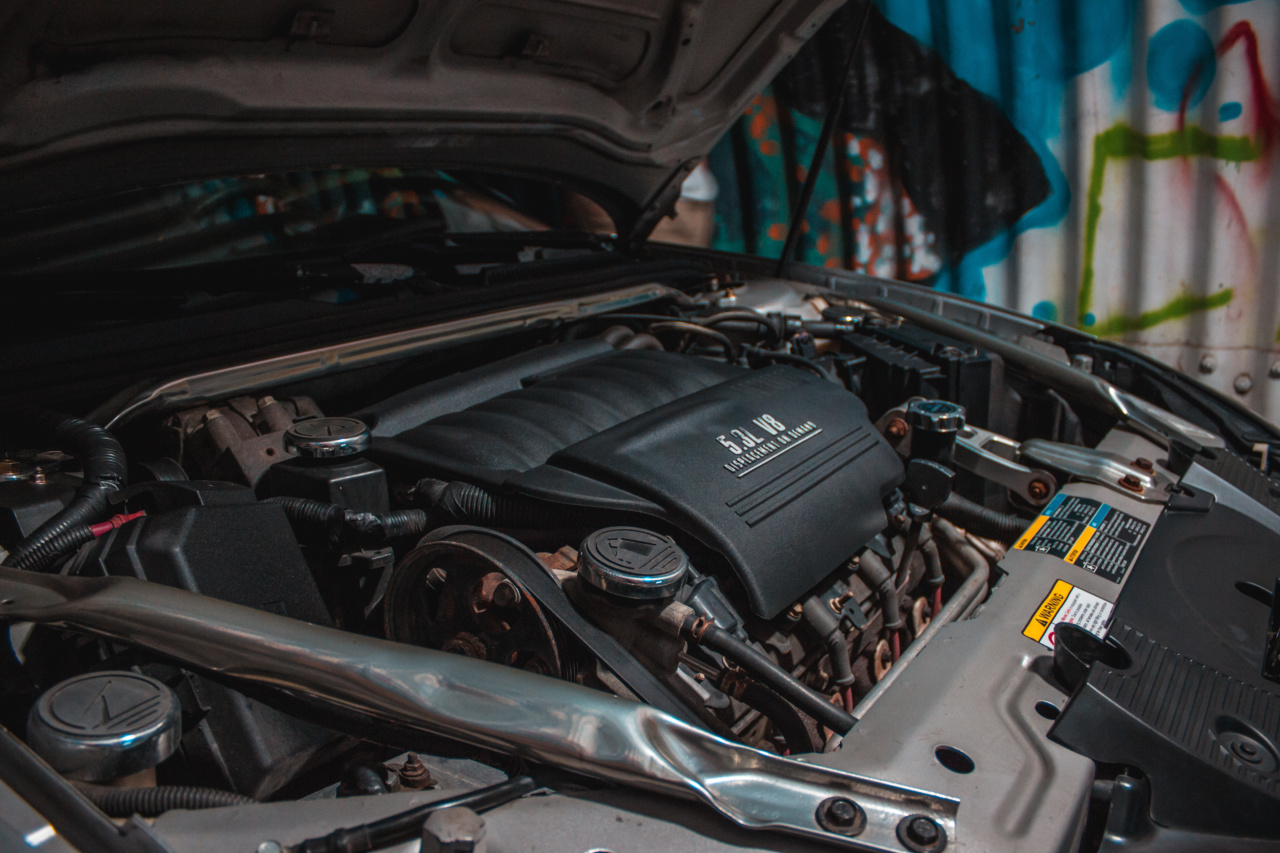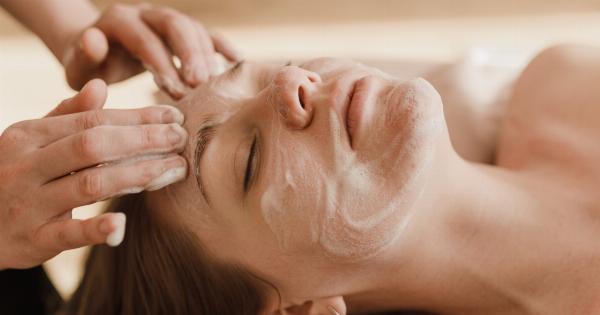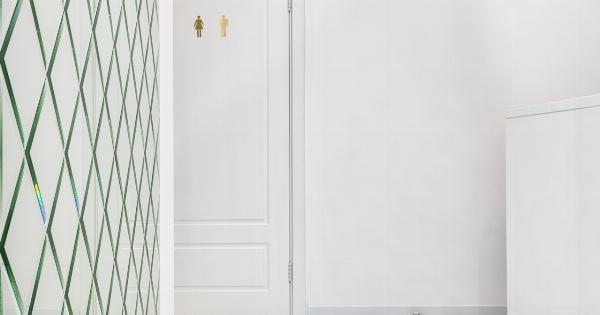Having blocked ears is a common problem that can affect anyone at any time. Some people may only experience it occasionally, while others may have to deal with it on a regular basis. In this article, we will look at why it happens and how to fix it.
Why Do Ears Get Blocked?
There are several reasons why your ears may get blocked. One of the most common causes is a buildup of earwax. Earwax is a natural substance that helps to keep the ear clean and lubricated.
However, if too much earwax builds up, it can cause a blockage that can make it difficult to hear properly.
Another common cause of blocked ears is an ear infection. Ear infections can be caused by a variety of factors, including bacteria, viruses, and fungi. They can cause the ear canal to become inflamed and swollen, which can lead to a blockage.
Blockages can also occur as a result of changes in air pressure. This is commonly experienced during air travel or when diving.
The changes in pressure can cause the eardrum to become stretched and can lead to a feeling of fullness or pressure in the ear.
How to Fix Blocked Ears
Thankfully, there are several ways to fix blocked ears. The method you choose will depend on the cause of the blockage. Here are some options:.
Cleaning the Ear
If the blockage is caused by a buildup of earwax, then cleaning the ear may be the best solution. You can use ear drops or warm water to soften the wax, making it easier to remove.
In some cases, you may need to see a healthcare professional who will use special instruments to remove the wax.
Medications
If the blockage is caused by an infection, then medication may be necessary. Antibiotics or antifungal medications may be prescribed to help clear the infection. Pain relievers may also be recommended to help manage any discomfort.
Pressure Equalization
If the blockage is caused by changes in air pressure, then pressure equalization may be necessary. This can be achieved by yawning or swallowing, which helps to open the Eustachian tube and equalize the pressure.
For more severe cases, a healthcare professional may need to insert a small tube into the ear to help equalize pressure.
Surgery
In rare cases, surgery may be necessary to fix a blocked ear. This may be needed if there is a structural problem in the ear that is causing the blockage. Surgery may also be necessary if other treatments have been unsuccessful.
Preventing Blocked Ears
While there is no guaranteed way to prevent blocked ears, there are several things you can do to reduce your risk. These include:.
Avoiding Q-tips
Q-tips are commonly used to clean the ear, but they can actually push earwax further into the ear canal and cause a blockage. It is best to avoid using them altogether and stick to other methods of ear cleaning.
Using Earplugs When Swimming or Showering
Water is a common cause of ear infections, so using earplugs when swimming or showering can help to reduce your risk of developing an infection.
Treating Allergies and Colds Promptly
Allergies and colds can cause the sinuses to become congested, which can lead to a blocked ear. Treating allergies and colds promptly can help to prevent this from happening.
Conclusion
Blocked ears can be a frustrating and uncomfortable problem to deal with. However, there are several ways to fix and prevent it.
If you are experiencing a blocked ear, it is important to seek medical advice to determine the cause and best course of treatment.






























